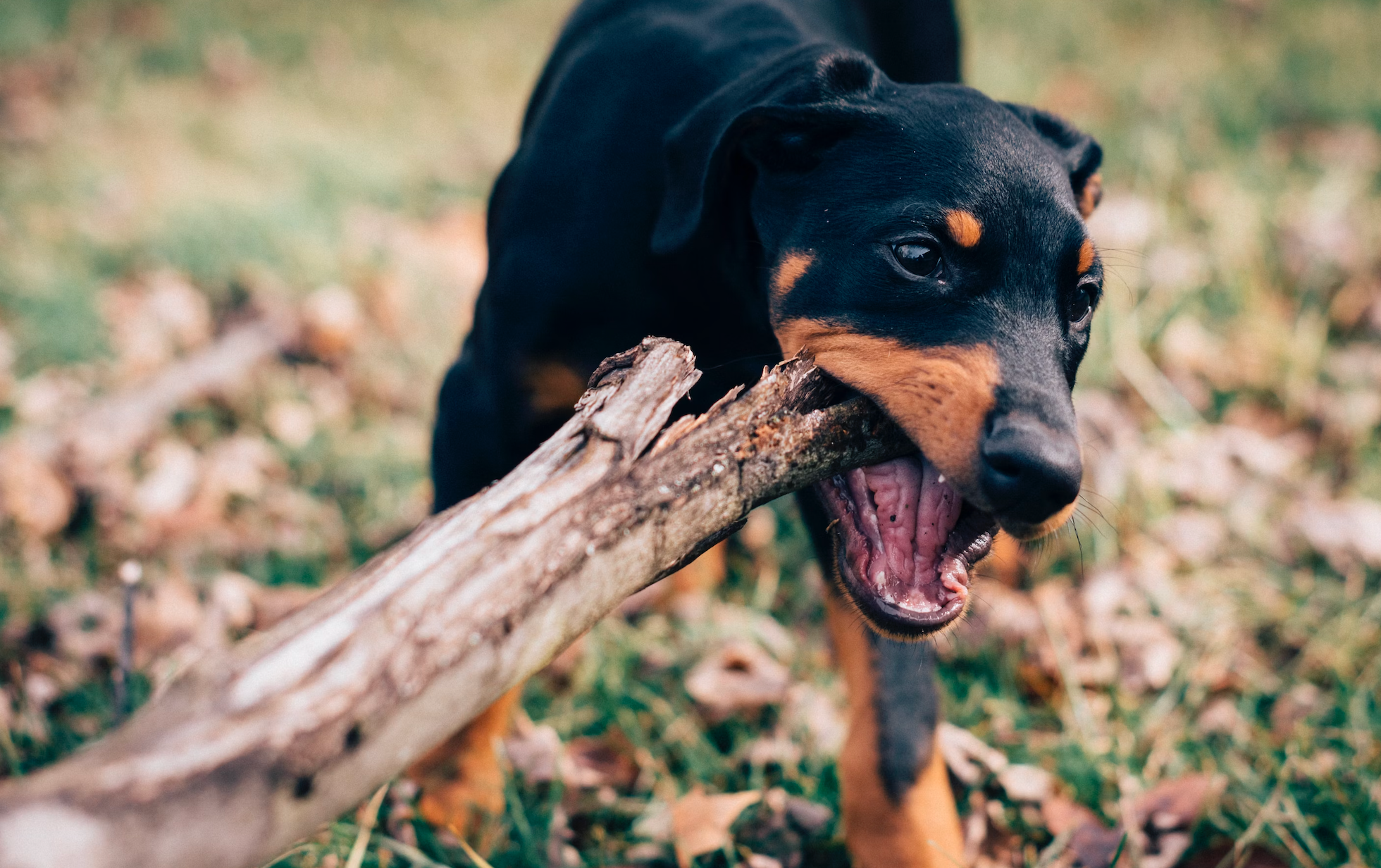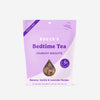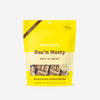
Biting in adult dogs is typically thought to be an aggressive behavior, but many times when dogs put their teeth on our skin, it has nothing to do with aggression at all! Just like in puppies, dogs may bite when they’re overexcited. If your dog has been biting you when he otherwise seems happy, try these tips from Audrey Fellows, CPDT-KA.
Fun Stops When Biting Starts
As soon as teeth touch skin, stop what you were doing and leave the room for a couple seconds. Non-aggressive biting typically has to do with excitement, and you suddenly leaving your dog alone in a room is not exciting at all.
Get Ahead of Biting
When your dog bites, take note of what is going on around you so you can be proactive and make a plan to decrease the chance of biting in the future. Times such as you coming home, your dog being released from the crate, visitors coming over, or getting harnessed up to go for a walk are prime situations for a dog to work themselves up a bit too much.
If your dog jumps and bites when you come home, use a gate to create an “airlock” for you to enter into when you arrive and wait for your dog to settle down before saying hi. If friends coming over sends your dog over the edge, go ahead and crate him with a tasty bone for the beginning or entirety of the visit. If your dog bites you, the leash, or the harness while you’re getting ready to go for a walk, spend a couple minutes exercising him indoors. Then, while you’re harnessing him up, give him a peanut butter loaded lick mat so his mouth stays busy.
Common Mistakes
Some common and well-meaning advice meant to help stop biting can actually encourage it. Avoid the following tactics:
Trying to “Play” the Energy Away
A dog that is overexcited and is biting because he has lots of extra energy could probably do with some more exercise, but when a dog is already in a biting mode, trying to make him tired with some high-intensity exercise could make him even more hyperactive. Instead, offer calm enrichment like a food puzzle to work his brain and help him settle himself down.
Yelling “Ouch!”
Saying “ouch” is advice trainers often give for biting, but it’s important that your “ouch” response is calm and quiet. Yelling loudly can work your dog up even more, so be careful with this!
Physical Punishment
Any physical interaction, even what we feel to be negative attention, may actually reward excitement biting. The most effective “punishment” for biting is removing yourself from the room.
Even if you know your dog doesn’t mean any harm, mouthiness is not something you need to live with. Make a plan to encourage calm, and licks will replace bites in no time.


